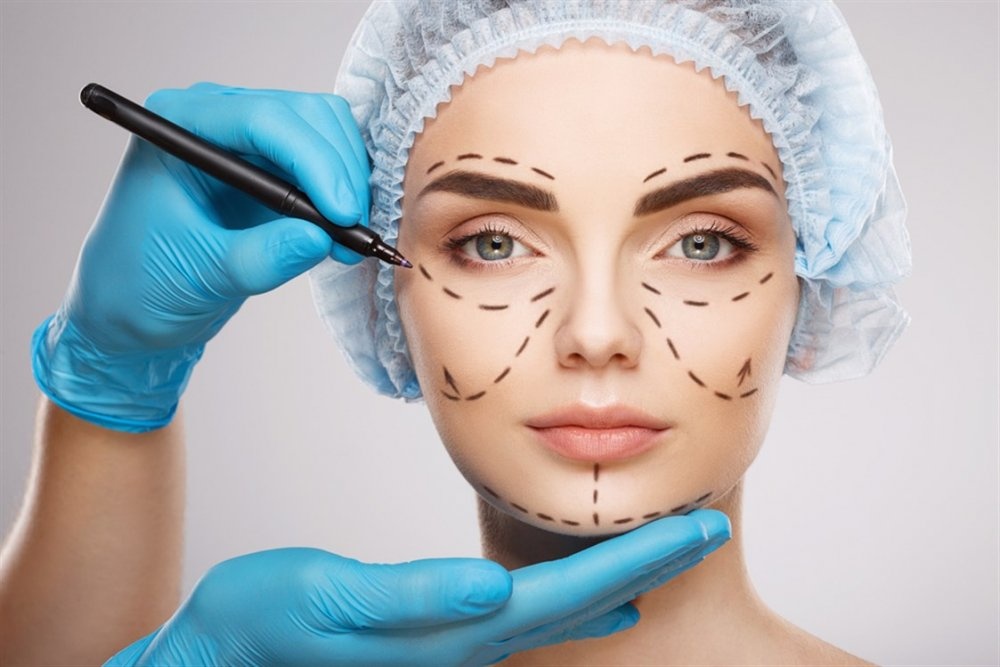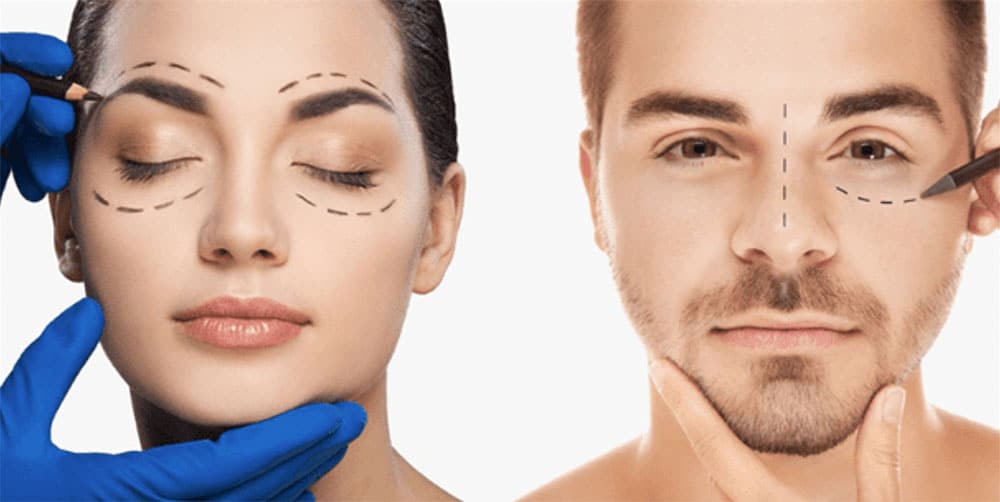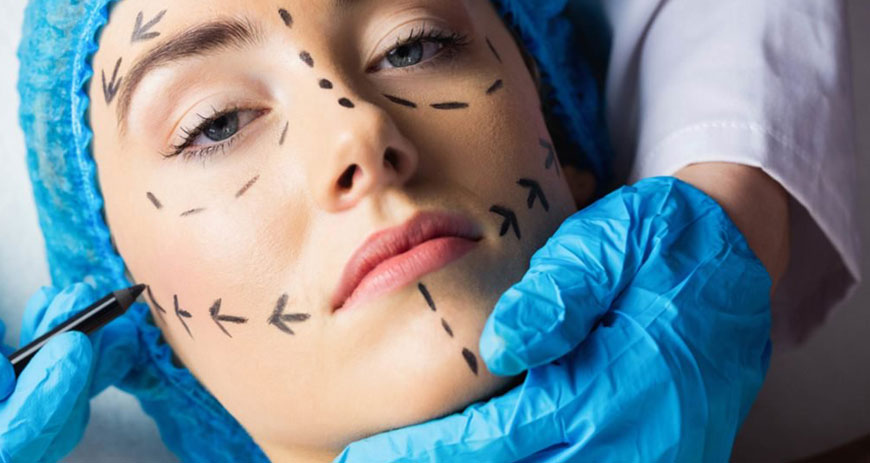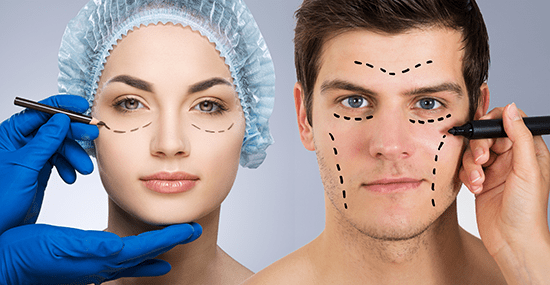
Reconstructive plastic surgery | Types and benefits
Whether you’re seeking to restore form and function after an accident or looking to enhance your appearance after a medical condition, reconstructive plastic surgery offers a range of solutions. Join us as we explore the latest advancements, and expert insights, that highlight the remarkable impact of this field. Get ready to discover the power of this surgery and how it can positively change lives.
What is reconstructive plastic surgery?
Reconstructive plastic surgery is done to fix facial and body abnormalities caused by birth defects, injury, disease, or aging. Usually, the objective of reconstructive plastic surgery is to improve body function. However, reconstructive plastic surgery may also be done to create a more normal appearance and improve self-esteem (this may also be called cosmetic surgery).
What are the different types of reconstructive surgery procedures?
Some of the more common conditions addressed by reconstructive surgery include:
Breast conditions:
- Breast reconstruction ( after a full or partial mastectomy.
- Breast reduction, This might be needed if you experience discomfort, a rash under your breasts, or back pain. Note that whether breast reconstruction is considered a cosmetic procedure or a reconstructive procedure depends on the amount of breast tissue removed.
- Hand or Foot Surgery
Hand surgery can improve conditions that impair the hand, including carpal tunnel syndrome, and rheumatoid arthritis. These surgeries can treat diseases that cause pain and impair strength, function, and flexibility in the wrists and fingers. They can also fix some abnormalities that may have been present at birth.
Foot surgeries may also be available for people affected by tumors, or by webbed or extra toes.
- Facial reconstruction
Facial reconstruction can be performed to correct facial defects such as cleft lip, breathing problems such as snoring, or chronic infections, such as those that affect the nasal sinuses.
Other types of procedures include:
- cleft lip and palate repair.
- craniosynostosis surgery (head reshaping).
- Gender confirmation surgeries
- Lymphedema treatment.
- Migraine surgery.
- Panniculectomy (body contouring).
This list is just some types of procedures. Reconstructive surgery covers all types of trauma, cancers, and problems caused by infections.
Who are candidates for reconstructive plastic surgery?
Generally, 2 kinds of people have reconstructive plastic surgery, including:
- People with birth defects (including cleft lip, craniofacial abnormalities, or hand deformities)
- People with deformities (including those due to an accident, infection, disease, or aging)
Possible complications associated with reconstructive plastic surgery
Any kind of surgery carries some risk. People differ in their ability to heal. Depending on the kind of surgery you have and your general health, some complications associated with reconstructive plastic surgery may include:
- Infection
- Bruising
- Excessive bleeding
- Difficulty in wound healing
- Anesthesia problems
The risk of complications may increase if you:
- Smoke
- Have connective-tissue damage
- Have skin damage from radiation therapy
- Have decreased circulation at the surgery site
- Have an impaired immune system
- Have poor nutritional habits
There may be other risks depending on your specific medical condition. Be sure to discuss any concerns with your doctor before the surgery.
In conclusion, reconstructive plastic surgery has become an invaluable field of medicine, offering hope and transforming lives. It has the power to restore form and function to individuals affected by congenital anomalies, traumatic injuries, or diseases. Through advancements in surgical techniques and technologies, this surgery continues to evolve, providing patients with improved outcomes and enhanced quality of life.
It is important for individuals considering this surgery to consult with a qualified medical professional like Dr. Fuad Hashem Head section of plastic surgery. With his expertise and personalized approach, you can trust him to deliver safe and effective results that meet your aesthetic goals.
Therefore, if you intend to perform this surgery, we recommend booking an appointment with Professor Dr. Fuad Hashem, Plastic Surgery Consultant at King Faisal Specialist Hospital and Research Center, who has great skill and extensive experience in this field.
To book an appointment with Dr. Fuad Hashem, you can call the following numbers:




